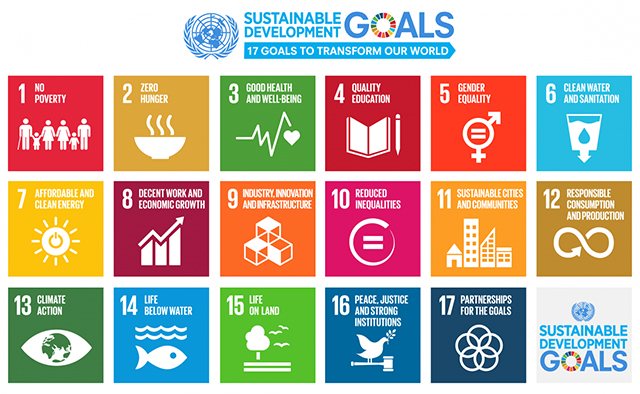Location
Room A148
Advisor(s)
Andrea Stuiber; Illinois Mathematics and Science Academy
Document Type
Presentation
Type
EnACT
Start Date
1-5-2019 11:00 AM
End Date
1-5-2019 11:20 AM
Abstract
Due to the Public Law 112-55, Sec. 539 passed by the 112th United States Congress in April 2011, the National Aeronautics and Space Administration (NASA) is prohibited from using funds to host Chinese visitors at NASA facilities. This law restricts NASA scientists from engaging with China’s recent developments in aerospace technology, resulting in the loss of a potential ally and a mutually beneficial partnership. This law stems from a multitude of reasons, including concern for the security of research centers and distrust that the Chinese will only steal American information. NASA and CNSA (China National Space Administration) have both expressed interest in working together despite US law constraining bilateral cooperation. Thus, in order to encourage collaboration to further advance the US’s space program while protecting national security and information, we propose modifying the Public Law 112-55, Sec. 539 to explicitly allow Chinese visitors to attend conferences in the US without the need for Congress to certify each collaboration incident individually. NASA scientists and national security experts, instead of Congress, should evaluate the benefits of the knowledge that may be exchanged. The US economy will not be impacted and national security will remain strong.
Creative Commons License

This work is licensed under a Creative Commons Attribution-NonCommercial-No Derivative Works 4.0 International License.
Included in
NASA-CNSA Collaboration
Room A148
Due to the Public Law 112-55, Sec. 539 passed by the 112th United States Congress in April 2011, the National Aeronautics and Space Administration (NASA) is prohibited from using funds to host Chinese visitors at NASA facilities. This law restricts NASA scientists from engaging with China’s recent developments in aerospace technology, resulting in the loss of a potential ally and a mutually beneficial partnership. This law stems from a multitude of reasons, including concern for the security of research centers and distrust that the Chinese will only steal American information. NASA and CNSA (China National Space Administration) have both expressed interest in working together despite US law constraining bilateral cooperation. Thus, in order to encourage collaboration to further advance the US’s space program while protecting national security and information, we propose modifying the Public Law 112-55, Sec. 539 to explicitly allow Chinese visitors to attend conferences in the US without the need for Congress to certify each collaboration incident individually. NASA scientists and national security experts, instead of Congress, should evaluate the benefits of the knowledge that may be exchanged. The US economy will not be impacted and national security will remain strong.


